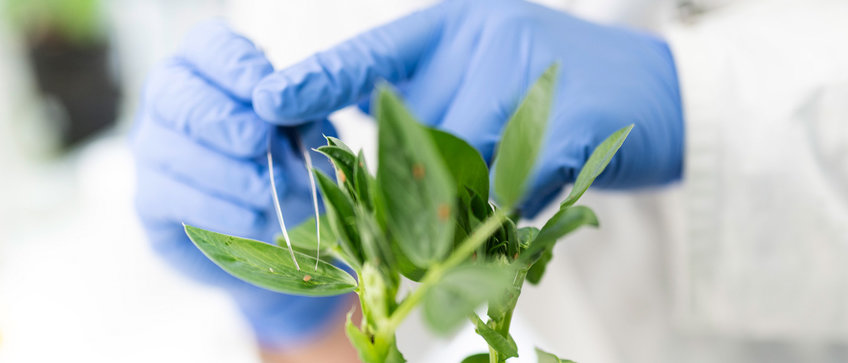
Research Focus
The survival of every organism depends on its interaction with a multitude of other organisms, and the outcome of these interactions is often based on chemistry – the language by which the living world exchanges massive amounts of information. To decipher how organisms communicate chemically, the collective efforts of many different kinds of scientist are needed. Chemists, biologists and computer scientists are required to work on different pieces of the puzzle: a) how defense molecules are biosynthesized and degraded, b) what is the genetic architecture that creates the chemical diversity, c) how are chemical signals perceived and processed, d) what are the behavioral and fitness consequences for communicating organisms, e) how does chemical communication change in evolutionary time and what is its impact on speciation. While much progress has been made in the last two decades in tackling these questions, the field of chemical communication is now confronted with major new challenges. One is how to maximize the opportunities presented by ongoing advances in sequencing and assembling genomes, measuring transcript, protein and metabolite profiles at the cellular level, precise genome editing, and high-resolution imaging of cellular processes. Another challenge is posed by a major insight of previous research, namely the finding that ecological interactions are more complex than initially perceived. For example, who would have suspected that above-ground and below-ground herbivores, though completely separated spatially, can interact through their association with the same host plant? Who would have guessed that insect-derived plant effector molecules may not necessarily be made by the insect, but symbiotic microbes residing within the insect’s body? Taken together, the great complexity of organismal interdependencies and the array of new experimental tools offering high-resolution results define the need as well as the promise of continuing research on chemical communication. The IMPRS “Chemical Communication in Ecological Systems” bundles the expertise of biochemists, molecular biologists, ecologists, neurobiologists, entomologists, plant scientists, microbial biologists, mathematicians and computer scientists to train junior researchers for this next chapter of chemical communication research.